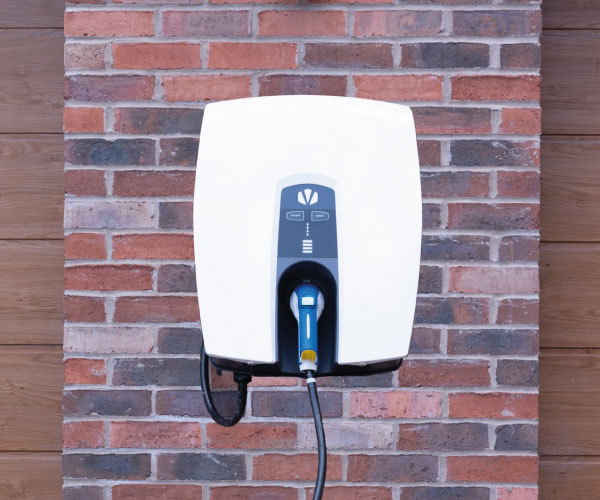
20 June 2022, Malvern UK
Indra has been selected to develop CCSV2H charging and battery optimisation for electric motorbikes
One of six specialist partners participating in project ‘Zero Emission Norton’
Co-funded by government’s Advanced Propulsion Centre, founded to help the UK achieve net-zero in automotive
Indra is partnering with Norton Motorcycle for a 30-month project to develop a new electric motorcycle. Indra is one of six specialist partners taking part in project Zero Emission Norton, which has been co-funded by the Advanced Propulsion Centre(APC), a government-backed organisation to help automotive businesses accelerate their low-carbon technology.
Indra will be working with Norton to develop advanced CCS bidirectional charging technology for its electric motorcycle. The team also includes Delta Cosworth, HiSpeed Ltd., Formaplex Technologies, M&I Materials and academic partner WMG, University of Warwick. The project will deliver world-class technology and products that will enhance the UK supply chain for all the critical components in electric vehicle (EV) technology.
Mike Schooling, Founder and CTO at Indra, comments: “Indra is excited to be involved in Project ZeroEmission Norton, along with its partners, to deliver Norton’s next generation electric motorcycle. Our leading work on bi-directional vehicle to grid technology will be expanded to develop advanced vehicle to home functionality with CCS standardisation, along with conditioning algorithms to optimise battery life, efficiency and vehicle readiness. We are confident of delivering a revolutionary V2H charging system and can’t wait to get started.”
Robert Hentschel, CEO Norton Motorcycle, said: “Working alongside our world class partners, we’re confident that project Zero Emission Norton will eliminate the current dispute between a conventional and electric motorcycle to create EV products that riders desire.”
V2H charging has the potential to significantly improve the efficiency and sustainability of domestic power usage as the world moves towards renewable energy. Bidirectional, V2H charging technology makes it possible to use the battery in an EV as a storage system for surplus power e.g.from solar panels during daylight hours, or cheaper overnight energy, which can be stored in a vehicle and used by a home or business when needed.
Indra is a pioneer in bidirectional charging technology, having developed the world’s first fully certified V2G product in 2018. Indra was a key partner in Project Sciurus, a wide scale trial in the UK to study the benefits and use cases of bi-directional charging technology. The key findings from the study of V2G implementation included reduced CO2 emissions, increased stability for the national grid, support for renewable energy and reduced energy costs. With energy costs increasing dramatically and global demand rising, bidirectional charging offers significant benefits.
Bidirectional charging with CHAdeMO technology, which is predominantly used in Asia, is currently the only defined bi-directional charging standard. The widespread adoption of CCS chargers in Europe means incorporating bidirectional charging capability into the CCS standard will be key to the roll out of V2G and V2H charging for new electric vehicles.